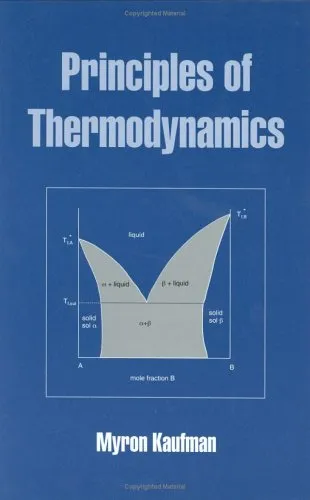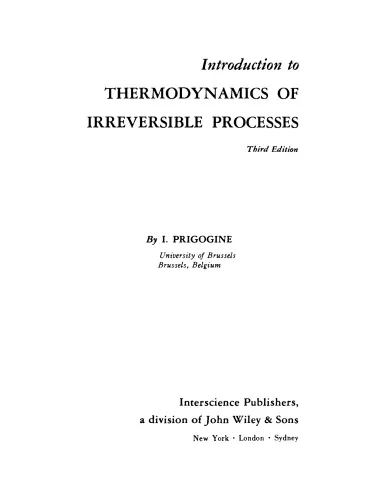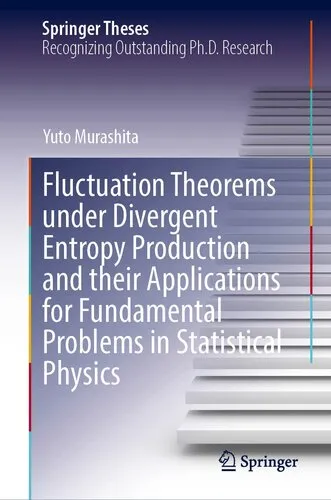Thermodynamics of Information Processing in Small Systems
4.4
Reviews from our users

You Can Ask your questions from this book's AI after Login
Each download or ask from book AI costs 2 points. To earn more free points, please visit the Points Guide Page and complete some valuable actions.Related Refrences:
Introduction to 'Thermodynamics of Information Processing in Small Systems'
Welcome to an exploration of the intricate and fascinating world of thermodynamics and information theory, where the physical processes governing small systems intersect with the theoretical underpinnings of information processing. 'Thermodynamics of Information Processing in Small Systems' by Takahiro Sagawa delves into the microscopic realms of physics to unravel the complexities of information handling, merging classical theories with groundbreaking research that challenge conventional understanding. Leveraging insights from statistical mechanics, this book elucidates the profound principles behind how energy, entropy, and information coexist and interact in diminutive environments, extending the limits of technology and knowledge.
Detailed Summary of the Book
In 'Thermodynamics of Information Processing in Small Systems', Takahiro Sagawa introduces readers to the fundamental questions at the interface of thermodynamics and information theory. In the nanoscale world, traditional assumptions about isolated systems no longer hold, and the manipulation of information acquires thermodynamic relevance. The book systematically explores the interplay between energy and information by highlighting topics such as Maxwell’s Demon, fluctuation theorems, and Landauer's principle, which emphasize the cost of computational operations in physical systems.
Spanning an array of multidisciplinary themes, the book caters to audiences with a background in physics and engineering, but it meticulously breaks down complex ideas to make them accessible to curious readers from any scientific discipline. Sagawa discusses the contemporary implications of heat generation in computation, the energetic cost of erasing information, and the role of feedback control systems in minimizing entropy production, all supported by cutting-edge experimental and theoretical advancements.
Key Takeaways
- The intertwined nature of thermodynamics and information processing fundamentally influences how we perceive energy efficiency and computation at the microscopic scale.
- Explorations into small systems behavior offer insights into the principles governing nanoscopic and quantum devices, with applications extending into quantum computing and biology.
- The book advances discussions on the Second Law of Thermodynamics, presenting scenarios where conventional interpretations must be modified for systems exchanging information.
- Insight into contemporary challenges and breakthroughs, such as how Maxwell’s Demon is reconciled with thermodynamic laws, provides a scaffold for future research.
Famous Quotes from the Book
- “At the intersecting frontiers of information and energy, a new understanding of entropy emerges, one that challenges our deepest intuitions and compels a reevaluation of what constitutes ‘work’.”
- “In the microscopic universe, information is both fuel and currency, dictating the permissible transitions between states as much as the energetic landscapes themselves.”
Why This Book Matters
As our world increasingly hinges on technological sophistication and computational prowess, the thermodynamics of small systems becomes ever more significant. This book presents a cornerstone reference for scientists, engineers, and theorists interested in the efficiencies and peculiarities of nanoscale processes. It navigates the reader through the energetic demands of contemporary information technologies, underpinning much-needed discussions about sustainability and the future of computation.
'Thermodynamics of Information Processing in Small Systems' holds particular relevance in fields ranging from quantum computing to biological systems, enlightening how natural processes can inspire more efficient technological solutions. Furthermore, by blending theory with experimental data, Sagawa maps a comprehensive landscape for future inquiry, making this book a touchstone for anyone invested in the progressive questions of physics and information science.
Free Direct Download
You Can Download this book after Login
Accessing books through legal platforms and public libraries not only supports the rights of authors and publishers but also contributes to the sustainability of reading culture. Before downloading, please take a moment to consider these options.
Find this book on other platforms:
WorldCat helps you find books in libraries worldwide.
See ratings, reviews, and discussions on Goodreads.
Find and buy rare or used books on AbeBooks.
1387
بازدید4.4
امتیاز0
نظر98%
رضایتReviews:
4.4
Based on 0 users review
Questions & Answers
Ask questions about this book or help others by answering
No questions yet. Be the first to ask!
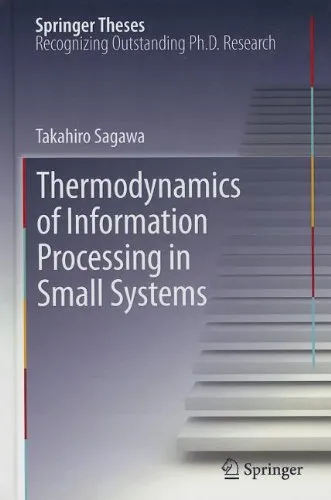
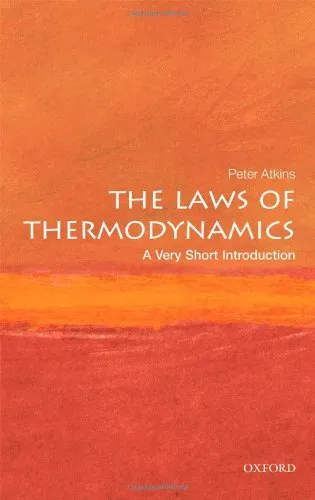
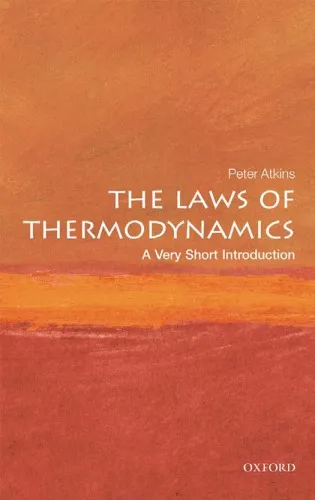


![Concepts in Thermal Physics, Second Edition [2nd Ed] (Instructor Solution Manual, Solutions)](https://s3.refhub.ir/images/thumb/Concepts_in_Thermal_Physics__Second_Edition___16631.webp)



